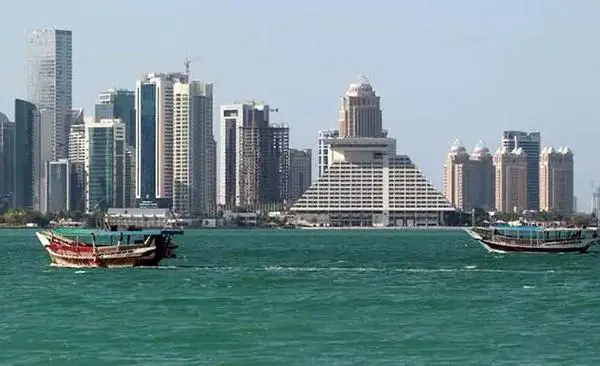As if the lower-than-expected gross domestic product (GDP) growth in the first quarter of this year was not enough, inflation rate in the Philippines has risen while the local currency has shown signs of weakening.
The Philippine economy grew by only 5.7 percent in the first quarter, slower than a revised 6.3 percent increase in the previous three months. It was the slowest expansion in more than two years.
On Wednesday, Amando Tetangco, Jr., chief of the Bangko Sentral ng Pilipinas, the country's central bank, admitted that the BSP is mulling some measures to arrest a further rise in inflation rate.
The country's inflation rate accelerated to 4.5 percent in May from 4.1 percent in the previous month. This was the highest rate in 30 months.
Tetangco Jr. said that risks to price stability continue to mount, increasing the chances that monetary authorities would move once again to siphon off more cash from the economy to curb excess demand.
Earlier this week, Tetangco cited several factors that would lead to upward revisions of BSP's inflation forecasts for this year and 2015, moving closer to the top end of the official target range of 3-5 percent.
Tetangco's candid pronouncement on the inflation rate triggered the weakening of the Philippine peso in Wednesday's trading. After opening at 44.02 to 1 U.S. dollar, the peso was traded within a range of 43.96 to 44.05 for most of the trading session before closing at its intraday low of 44.12 to a dollar.
Also on Wednesday, local stocks continued to trade with caution due to concerns on oil price pressures and prospective U.S. monetary tightening.
The main-share Philippine Stock Exchange index (PSEi) slipped by 1.8 points, or 0.03 percent, to close at 6,703.13, weakening for the fourth session in a row. It declined to as low as 6,635.55 in intraday trade but reduced its losses before trading closed.
Analysts here said that escalating violence in Iraq that triggered concerns on potential oil price increases would negatively impact on the value of the Philippine peso and the behavior of the local bourse.
They said that adjustments by the U.S. Federal Reserve, particularly its "lift off" to higher interest rates, could lead to further volatility in financial markets not only in the Philippines but also in other emerging economies in the region.
Tetangco said that geopolitical conditions in the Middle East, particularly Iraq, and China's decelerating economic growth -- both of which could have effects on food and fuel prices -- were also among the BSP's chief concerns.
The BSP has the ability to influence money supply thereby enabling it to influence the movement in the prices of goods and services. However, the BSP does not have absolute influence over inflation.
There are other important factors affecting consumer prices apart from money supply. Some examples are weather disturbances that affect agricultural production, and movements in world oil prices. These factors cannot be controlled by monetary policy and are, therefore, outside the influence of the BSP.
Meanwhile, China's Ambassador to Manila Zhao Jianhua said Tuesday that China's growth would remain tied to the economic development of the East Asian region.
"Asia is a big family and China is a member of this family," Zhao said in a speech at a forum organized by the Bank of China and the Embassy of China in the Philippines.
The ambassador said he himself was "very impressed" with the economic growth of the Philippines.
"I'm glad of China's role in the growth of the Philippines," Zhao said.
In a statement, the Bank of China has urged further strengthening of economic and monetary cooperation between China and the Philippines "to avoid over-dependence on third party currencies and other negative influences on trade and development. "
The bank has called on Filipino businessmen to take advantage of the Chinese Renminbi (RMB) settlement program for cross-border trade, which was launched in 2009. To date, more than 220 countries globally have begun RMB settlement business with China.
 简体中文
简体中文

